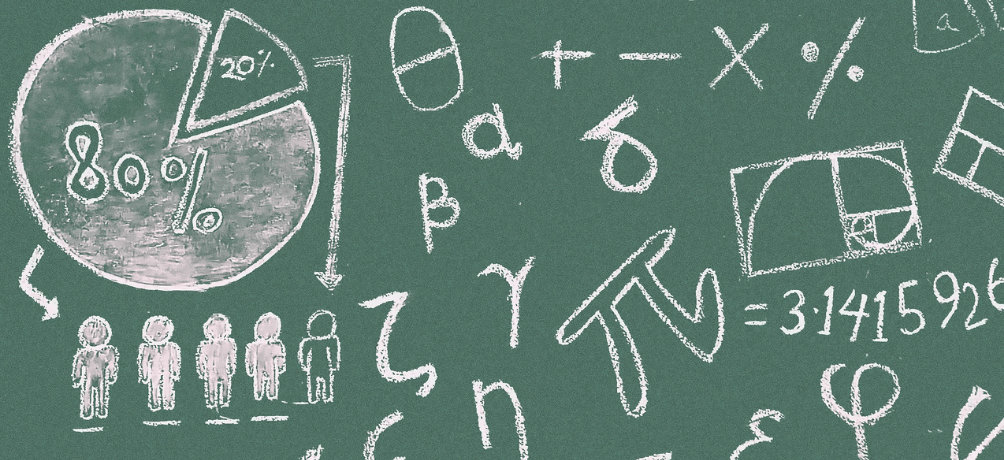How to Help Your Child Who Fell Behind in Math During 2020 School Closures
By Huntington Learning Center
News from NWEA is grim: elementary and middle school students have fallen significantly behind in math during the pandemic. The research published in November 2020 (“Learning during COVID-19: Initial findings on students’ reading and math achievement and growth”) shares that in fall 2020, students in grades 3-8 performed about 5 to 10 percentile points lower in the math section on the MAP® Growth™ assessment as compared to 2019.
As Huntington Learning Center notes, the results are concerning, but unsurprising. “Last year was tumultuous for students, with many spending some or most of the year learning remotely and schools closing in March without any preparation or warning. While the assessment scores suffered, there were some glimmers of hope offered in NWEA’s publication. Grade-level performance was also measured between winter 2020 and fall 2020 and shows that students advanced in math, just not as rapidly as they would have in a typical year.”
What can parents do if they know their child has fallen behind in math and is struggling still in 2021—or has not fulfilled his or her potential due to the unique school circumstances since last spring? Get individualized tutoring help to address the gaps that may have widened and help your child catch up again. Here are a few tips on how to approach the search for a good tutoring program:
- Make sure your child’s precise needs are being addressed. The teacher you have work with your child must create a program that is based on your child’s specific needs and precise areas of strength or weakness. Not just any program will do. It must be customized to fit your child, wherever he or she is.
- Get a clear picture of where your child stands in math. An initial assessment to identify where your child is struggling is important. Before starting any program, make sure you get a baseline on where your child has knowledge gaps.
- Remember: not all tutors are the same. When considering learning centers, ask for details about how teachers are trained (and if they are certified). Are the math teachers qualified to teach all levels of math, or are there certain experts in different areas of math?
- Look to the track record. Get references and data about how students have improved in each math tutoring program you consider. Look for current testimonials and ask other parents who have worked with the learning center or tutor.
“Math is the type of subject where small problems can quickly become big ones,” notes Huntington. “If your child fell behind in math during the school closures in spring 2020 and struggled to get back on track thereafter, chances are, this year is just as hard. Your child needs help—sooner than later.”
Huntington Learning Center encourages parents to call 1-800 CAN LEARN to discuss their children’s challenges in math and discover more about Huntington’s math programs at all levels. With the right program of instruction, your child can boost his or her confidence and finish the school year strong and put those math difficulties in the past where they belong.

